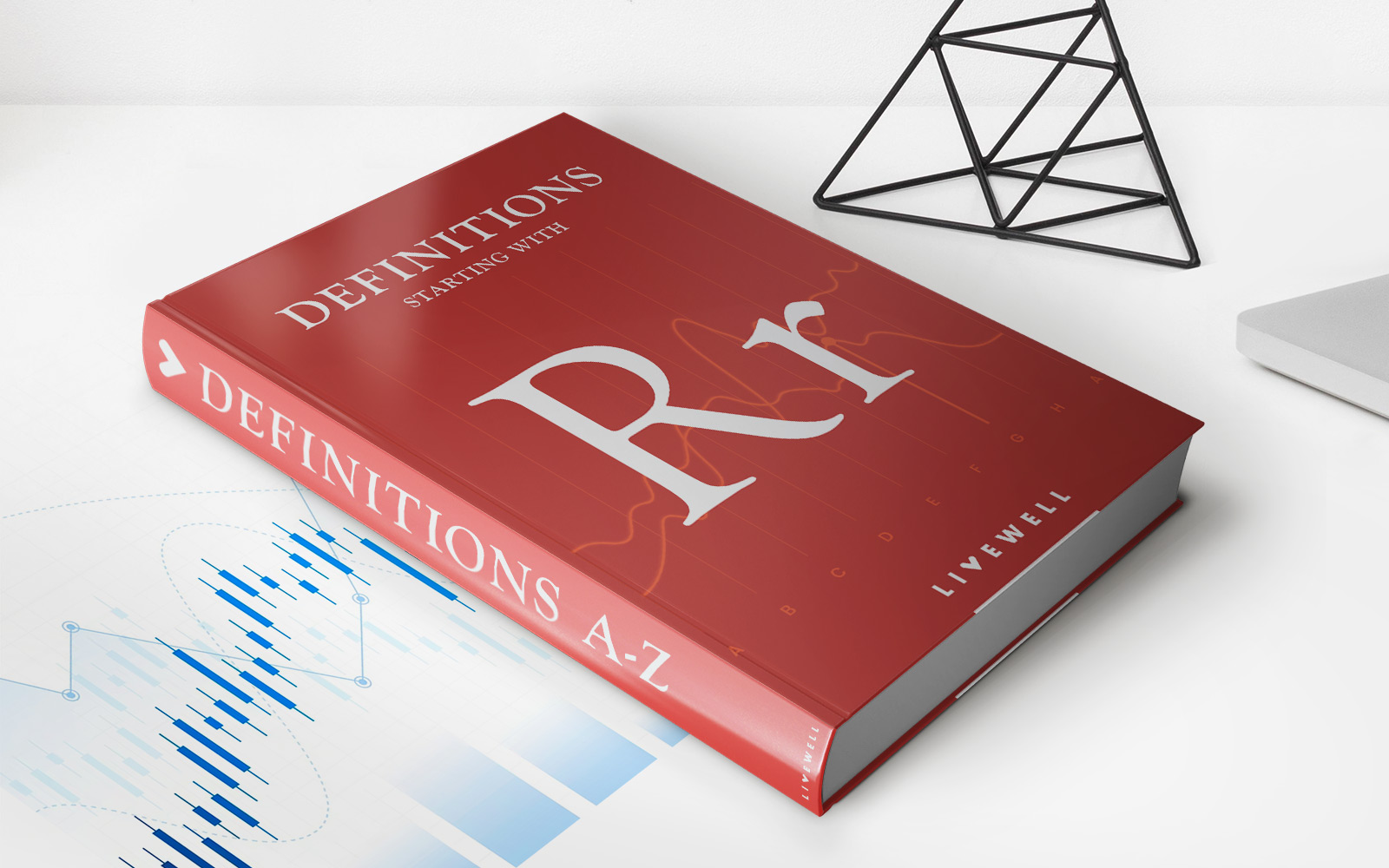Home>Finance>Retail Foreign Exchange Dealer (RFED) Definition


Finance
Retail Foreign Exchange Dealer (RFED) Definition
Published: January 19, 2024
Learn the definition of Retail Foreign Exchange Dealer (RFED) in the world of finance and understand its significance.
(Many of the links in this article redirect to a specific reviewed product. Your purchase of these products through affiliate links helps to generate commission for LiveWell, at no extra cost. Learn more)
Understanding Retail Foreign Exchange Dealer (RFED) Definition: What You Need to Know
When it comes to navigating the world of finance, staying informed about different terms and concepts is crucial. One such concept that individuals and businesses involved in foreign exchange trading need to familiarize themselves with is the Retail Foreign Exchange Dealer (RFED) definition. In this blog post, we will explore the key aspects of an RFED and shed light on what it means for traders and investors.
Key Takeaways:
- An RFED is a financial firm or individual that offers to engage in retail foreign currency exchange transactions.
- They are required to register with the Commodity Futures Trading Commission (CFTC) and comply with regulatory guidelines to ensure transparency and protect customers.
An RFED is a financial entity that provides individuals and businesses access to trade foreign currencies. This includes buying, selling, or entering into currency contracts with customers for speculative or investment purposes. To ensure the fair and orderly functioning of the foreign exchange market, RFEDs are required to register with the Commodity Futures Trading Commission (CFTC) in the United States and adhere to regulatory guidelines.
Here are some key points to understand about RFEDs:
- Registration: RFEDs must undergo a rigorous registration process with the CFTC, which includes submitting detailed information about their operations, financials, and compliance procedures.
- Regulatory Compliance: RFEDs are subject to comprehensive regulatory oversight to protect customers and promote market integrity. This involves complying with anti-money laundering regulations, maintaining sufficient capital reserves, and providing risk disclosures to clients.
- Transparency: As part of regulatory requirements, RFEDs must provide customers with transparent pricing, execution, and reporting of trades. This ensures that clients have access to accurate information about their transactions and enables them to make informed decisions.
- Risk Management: RFEDs are also responsible for implementing effective risk management measures to safeguard against potential market volatility. This includes maintaining adequate liquidity, establishing appropriate margin requirements, and offering risk management tools and resources to customers.
It is important for traders and investors to understand the RFED definition as it helps them identify the authorized entities in the foreign exchange market. By choosing to work with registered RFEDs, individuals can benefit from the protection and oversight provided by regulatory bodies, reducing the risk of fraudulent activities and ensuring a level playing field.
As you engage in foreign exchange trading, be sure to consider the RFED definition and opt for reputable and registered entities for your investment needs. By doing so, you can have greater peace of mind knowing that you are working with trustworthy and regulated partners in your financial endeavors.














